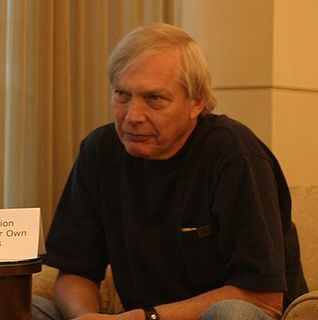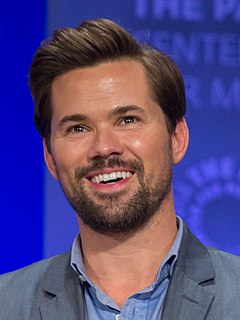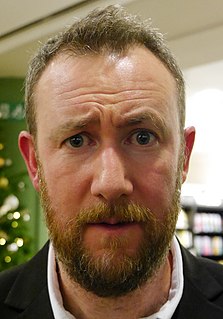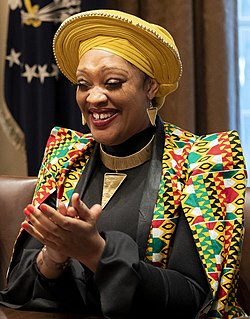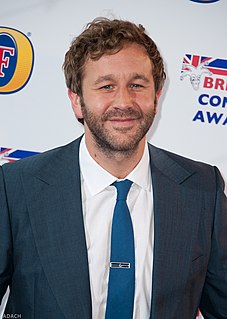A Quote by Daniel H. Pink
What is interesting is that John Lewis actually got interested initially in the civil rights movement because of a comic book. So part of it, he's paying homage to this tradition that you can tell serious stories and talk about serious issues in graphic form.
Related Quotes
"March" was inspired by "Martin Luther King and the Montgomery Story." I actually first heard about that comic from John Lewis, who told me that it played an important role in the movement. And so once he told me about that, it made me start thinking, "Well, why doesn't John Lewis write his own comic book?".
Looking back, I do think one of the reasons 'Thirteen Reasons Why' has been so successful is not because it deals with serious issues but because I had a unique and interesting way to tell that story. I knew the issues were going to be dealt with in the book, but I felt my job was to write the story as entertainingly as possible.
Eventually [black men] are arrested, whether they've committed any serious crime or not, and branded criminals or felons for life. Upon release, they're ushered into a parallel social universe in which the civil and human rights supposedly won during the Civil Rights Movement no longer apply to them.
I think my style changes somewhat. The themes I am interested in exploring are mostly the same, but I tackle them differently. My Younguncle books are at the surface comic adventures of the eccentric title character but they are also serious beneath the fun and frolic. And I use Big Words, like "ambrosial," which bothers some children's book reviewers. The children's short stories you mention are mostly quite serious.
In less than a century we experienced great movement. The youth movement! The labor movement! The civil rights movement! The peace movement! The solidarity movement! The women's movement! The disability movement! The disarmament movement! The gay rights movement! The environmental movement! Movement! Transformation! Is there any reason to believe we are done?
It's easy to put [serious threats] aside, and the media don't talk about them. Other things are more important. How am I going to put food on the table tomorrow? That's what I've got to worry about, and so on. It's very serious, but it's hard to bring out the enormity of these issues, when they do not have the dramatic character of something you can show in the movies, with a nuclear weapons falling and everything disappears.
When I was a kid, I wanted to be serious, like Daniel Day-Lewis. No one really dreams of being a comic actor, do they? Now I realise how stupid that is - and it's because comic acting isn't taken seriously enough. It's a discipline. You know instantly - either you're funny and getting the laughs, or you're not.








